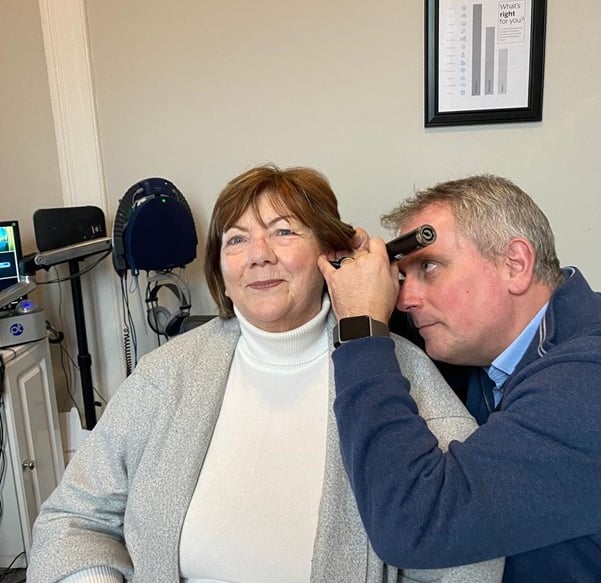What is Hearing Loss?
Hearing loss is the partial or complete inability to hear sounds in one or both ears. It can range from mild difficulty understanding speech to profound deafness. Hearing loss can occur at any age and may develop gradually over time or happen suddenly, depending on the underlying cause.
How Hearing Loss Affects Individuals
Hearing loss can have profound effects on a person’s life, influencing their physical, emotional, and social well-being.
1. Communication Challenges
Difficulty understanding speech, especially in noisy environments.
Misunderstanding conversations, leading to frustration or embarrassment.
Reduced ability to engage in group settings or meetings.
2. Emotional Impact
Feelings of isolation or loneliness due to difficulty participating in social interactions.
Anxiety or stress from struggling to keep up with conversations.
Potential development of depression or low self-esteem.
3. Cognitive Effects
Untreated hearing loss is linked to an increased risk of cognitive decline and dementia in older adults.
Difficulty concentrating or retaining information due to the extra mental effort required to process sounds.
4. Work and Academic Performance
Challenges in following instructions or participating in discussions.
Reduced productivity or opportunities for career advancement.
Potential for misunderstanding critical information.
5. Safety Concerns
Difficulty hearing alarms, sirens, or other warning signals.
Increased risk of accidents due to impaired situational awareness.
Your Path to Better Hearing
Hearing loss can be challenging, but help is available. At Audi-Lab, we offer personalized hearing care solutions to help you reconnect with the world of sound.
Contact us today to schedule a hearing assessment and take the first step toward better hearing health!


★★★★★
The advice I was given was so informative. They answered all of my questions very thoroughly.
Recommended by Francesca O'Keefe
Unit 4, Sutton Shopping Centre, Sutton Cross
Opening Hours
Monday:
Tuesday:
Wednesday:
Thursday:
Friday:
Saturday:
Sunday:
We are closed on Bank Holidays
Sutton
Raheny
Unit 1, Hilltop Shopping Centre, Raheny
9:30am - 5:30pm
9:30am - 5:30pm
9:30am - 5:30pm
9:30am - 5:30pm
9:30am - 5.00pm
Closed
Closed
